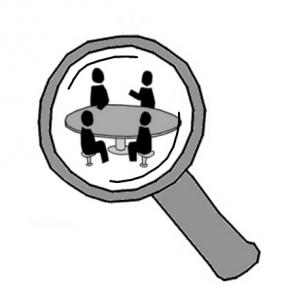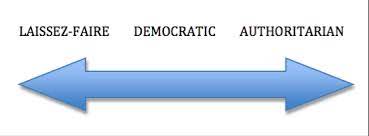Posted inPrinciple of Management
Identification of Key Stakeholders
It is very important for any business to identify its key stakeholders and scope their involvement as they play a vital role right from strategizing to implementation of outcomes throughout the lifetime of a business. Different stakeholders have different interests in the organization and the management has to consider all their interests and create a synergy among them to achieve its objectives. Identifying all of a firm’s stakeholders can be a daunting task. It is important to have the optimum number of stakeholders, neither too many nor too few. Having too many stakeholders will dilute the effectiveness of the company objectives by overwhelming decision makers with too much information and authority. Following are some effective techniques to identify key stakeholders: Brainstorming - This is done by including all the people already involved and aware of the company and its objectives, and encouraging them to come out with their ideas. Stakeholders can be brainstormed based on categories such as internal or external. Determining power and influence over decisions - Identify the individuals or groups that exercise power and influence over the decisions the firm makes. Once it is determined who has a stake in the outcome of the firm’s decisions as well as who has power over these decisions, there can be a basis on which to allocate prominence in the strategy-formulation and strategy-implementation processes. Determining influences on mission, vision and strategy formulation - Analyze the importance and roles of the individuals or groups who should be…









